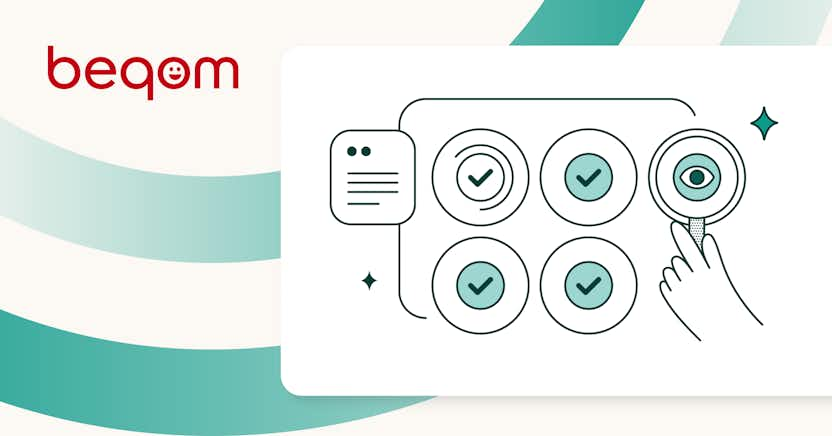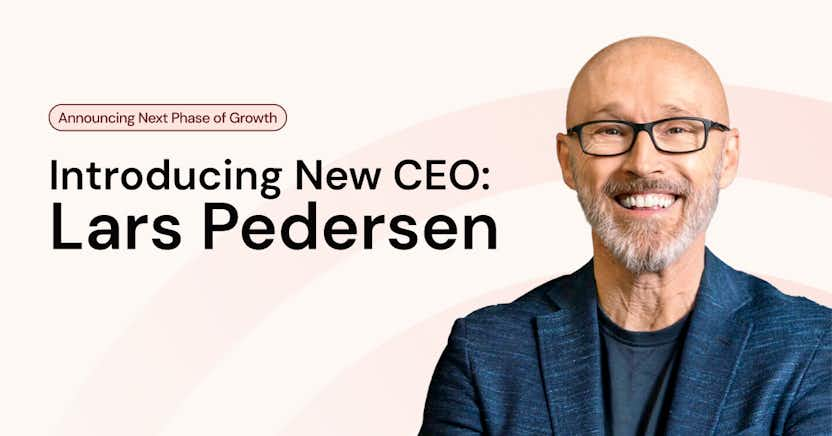Blog
Get the latest insights about Compensation Management, Sales Performance, Human Resources, Pay Equity and Employee and Sales Performance.


What’s Next in HR Technology: Compensation, Performance, and Pay Equity
Discover how HR tech advancements in compensation, performance, and pay equity can elevate your organization.
Read more

The Secret to a Smarter Comp Cycle? A Strategic Post-Mortem
Want a smoother comp cycle next year? Start with a smarter post-mortem today.
Read more

Unlocking the Power of Pay Transparency: How Global Organizations Like PUMA Are Leading the Change
See how global leaders like PUMA are turning pay transparency into a competitive advantage—and how your organization can too.
Read more

A Crisis in Compensation Clarity
Employees demand transparency. Companies that provide it gain trust, loyalty, and a competitive edge. Here’s why pay clarity is a must in 2025.
Read more

What Is Performance Management? The Complete Guide
Unlock the full potential of your workforce with our ultimate guide to performance management—designed to elevate employee success and organizational growth.
Read more

Learn from the Best: 2025 HR Technology and Compensation Management Top Events
Learn how top companies are developing world-class rewards strategies, hear from industry leaders and peers, and network with colleagues who share similar challenges. Join beqom at these top industry events around the globe.
Read more

Germany – Pay transparency and pay equity law and reporting
Since 2017, Germany’s Entgelttransparenzgesetz, or Transparency in Wage Structures Act, has required employers of a certain size to take action on pay equity and transparency.
Read more

AI Trends in Compensation for 2025
Gain insight into how AI is redefining compensation strategies for a more efficient, equitable, and employee-focused future in 2025.
Read more

Understanding Pay Equity: How to Address Pay Disparities through HR Processes
Unlock the power of pay equity to attract top talent, enhance retention, and build a more engaged workforce.
Read more

Establishing Fair Compensation through HR Practices
Learn how fair compensation practices can transform your workplace, boost employee satisfaction, and ensure compliance in today's competitive landscape.
Read more

2025 Compensation Management Trends: 5 Opportunities to Elevate Your Strategy
Discover the top 5 trends shaping compensation management in 2025 and learn how to stay competitive, compliant, and ahead of the curve.
Read more

Harnessing AI in HR: Applications, Benefits and Implementation
Discover how AI is transforming HR operations by enhancing decision-making, streamlining processes, and addressing today’s workplace challenges.
Read more

Compa-Ratio: A Complete Guide to Fair and Competitive Compensation
Unlock the power of compa-ratio to ensure fair and competitive pay.
Read more

The Two Pay Gap Types: Unadjusted and Adjusted
We often talk about the pay gap—but in reality, there’s more than one type of pay gap. Learn about the two pay gap types (adjusted and unadjusted), how they’re calculated, and when they’re used.
Read more

Pay Transparency: What It Is and How to Do It Right
Unlock the secret to a fair, trusted, and thriving workplace with effective pay transparency strategies.
Read more

Welcoming Lars Pedersen as beqom’s New CEO
Discover how beqom’s new CEO, Lars Pedersen, is set to elevate compensation management solutions for businesses worldwide.
Read more

Strategies for Successful Employee Development
Explore key strategies for effective employee development to drive growth, engagement, and retention, and empower your team to reach its full potential.
Read more

A Guide to Deferred Compensation
Learn how deferred compensation programs can encourage loyalty, align goals, and attract the talent you need.
Read more

beqom 2024 Year in Review: Growth, Innovation, and Community
Celebrate a year of growth, innovation, and community with beqom’s 2024 Year in Review—our biggest milestones, industry impact, and exciting journey toward the future.
Read more
About us
At beqom, we're on a mission to create happy, high-performing workplaces, where every individual understands their value, performs at their peak, and is rewarded fairly for their contributions.

HR Compliance
Are you struggling to navigate today's evolving compliance landscape?
Say hello to Cup of Compliance, our weekly HR compliance newsletter. Subscribe to get crisp, concise updates on regulatory shifts, key deadlines, and compliance news and start your weeks staying ahead – one sip at a time. You'll find us every Monday in your inbox!

